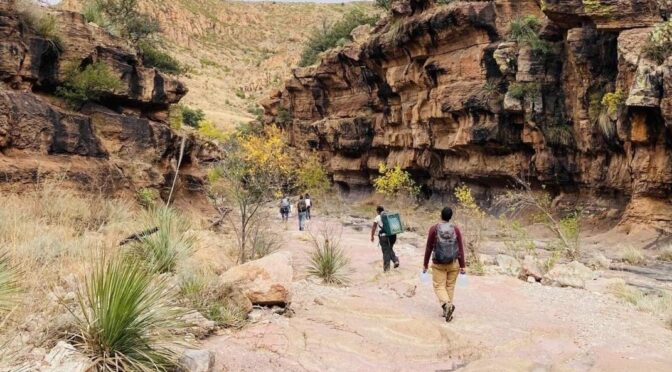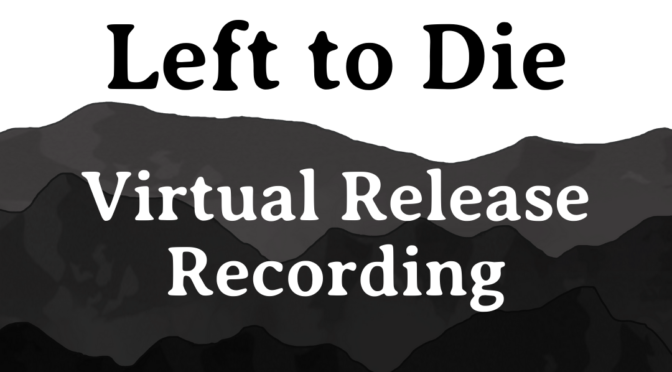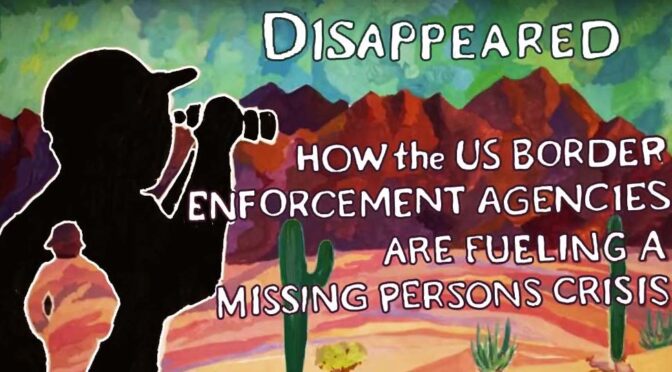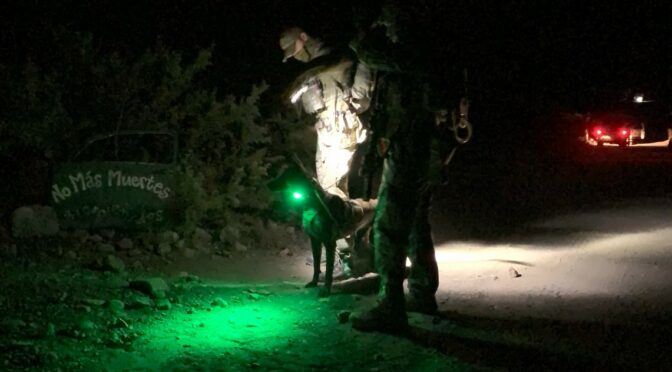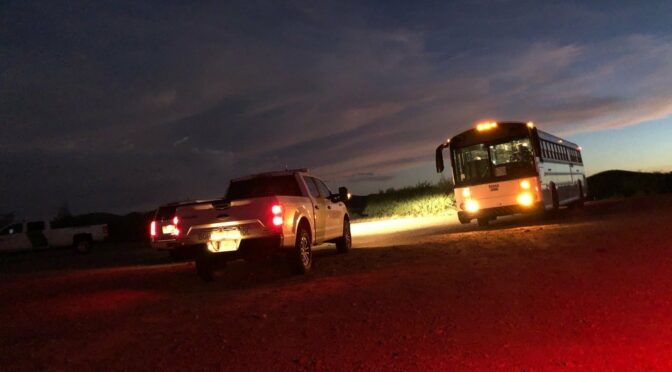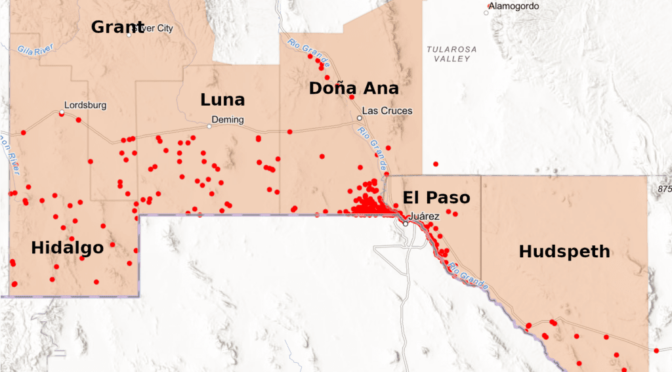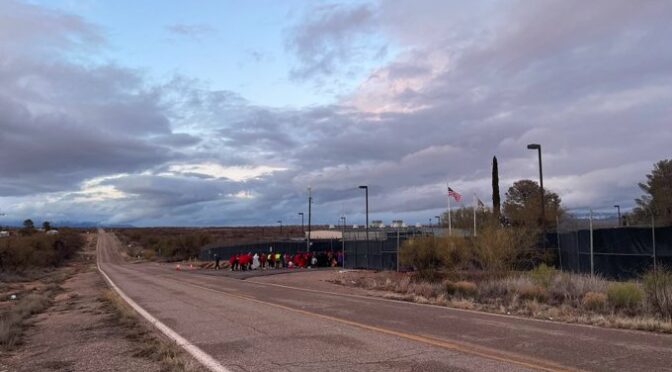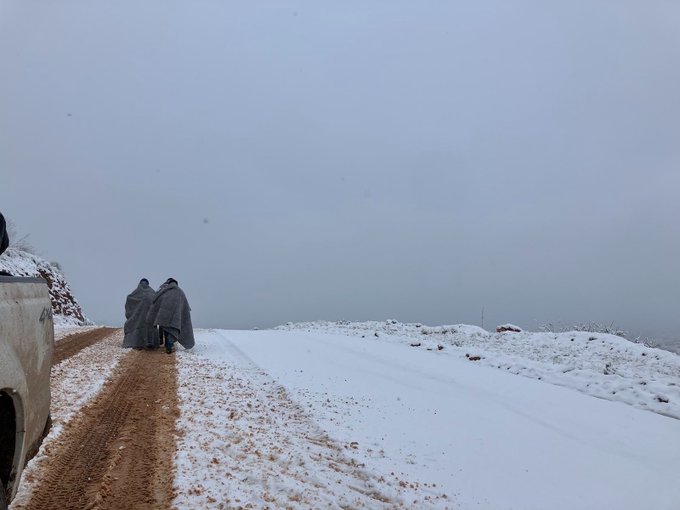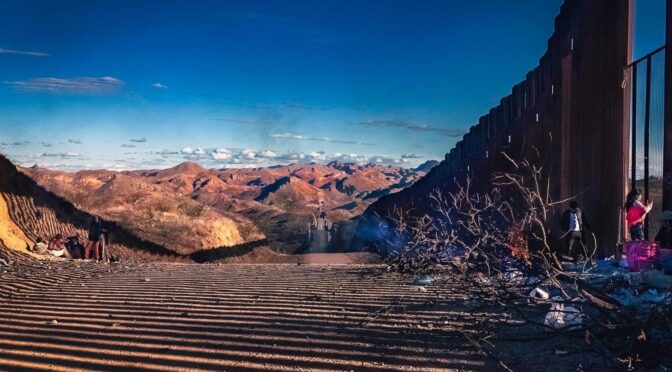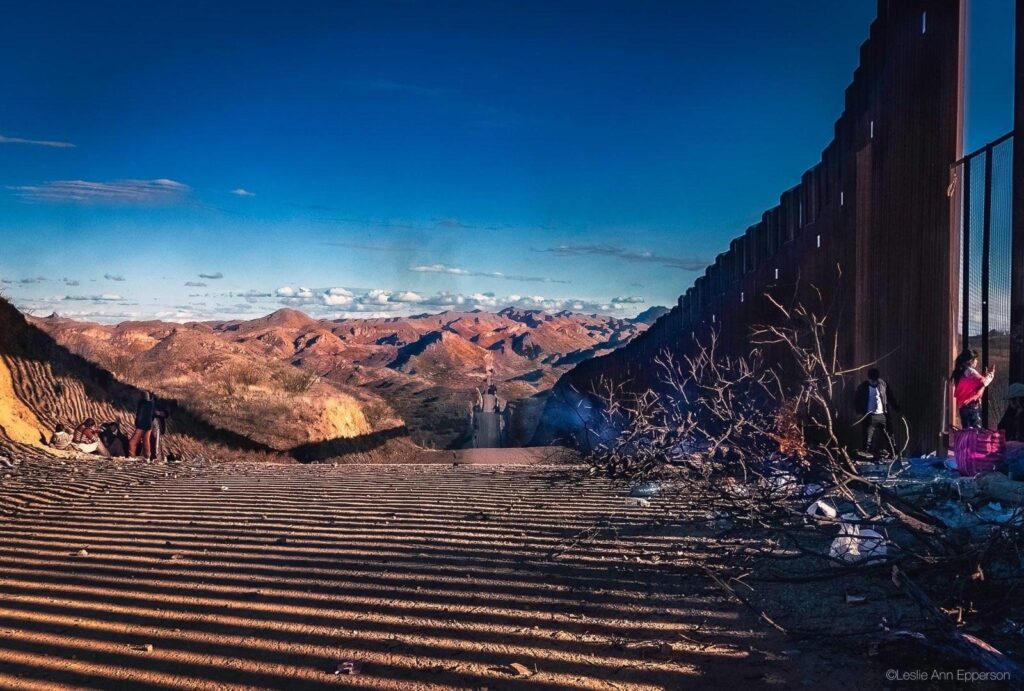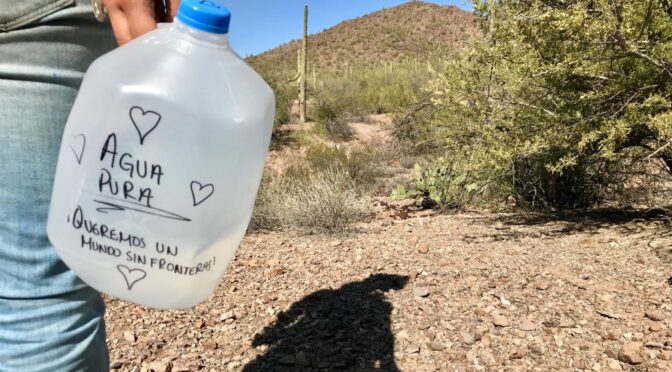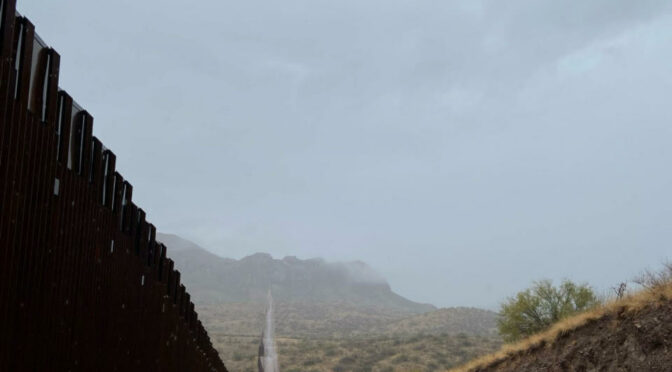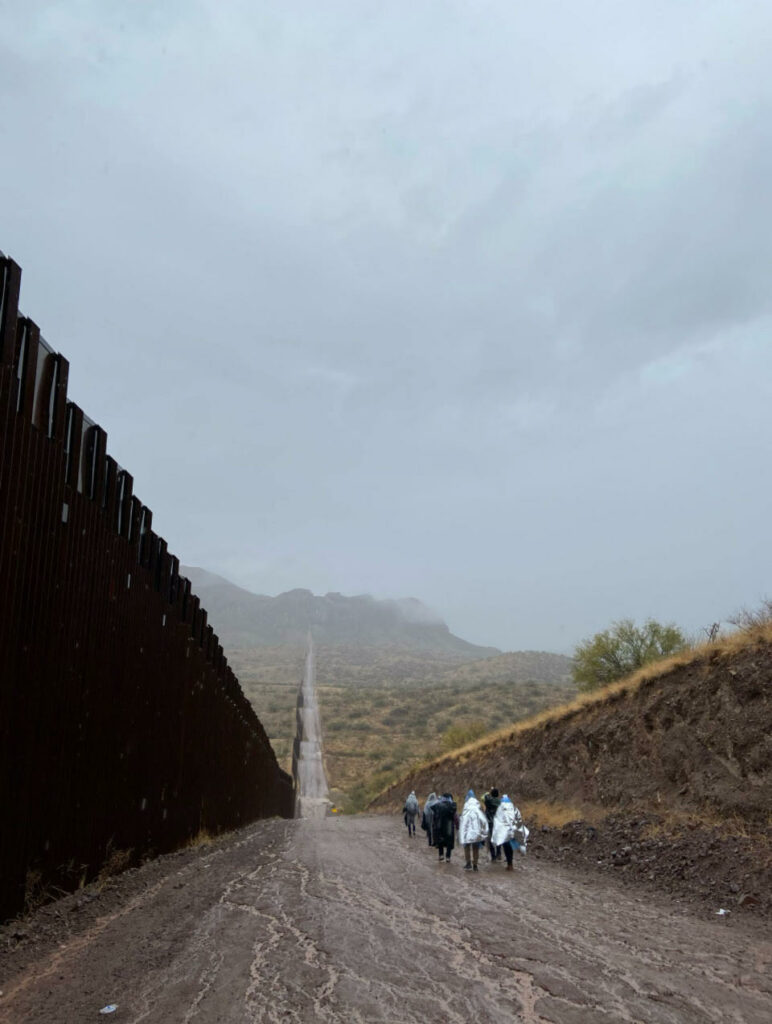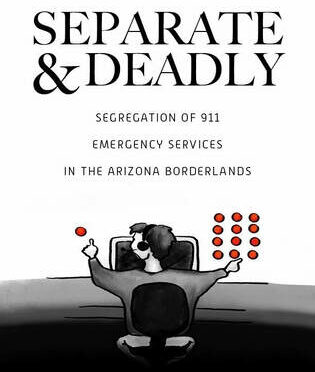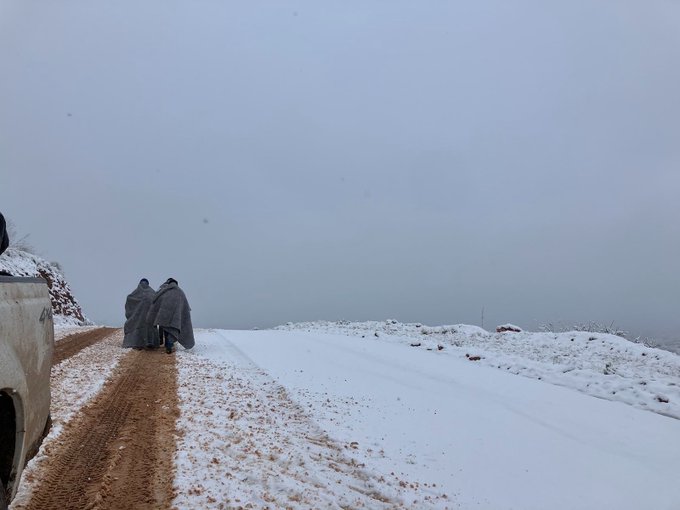On March 18, No More Deaths released a searchable map, database, and report documenting the upsurge in migrant deaths in the New Mexico and the far West Texas borderlands. The “El Paso Sector Migrant Death Database” provides the most comprehensive account to date of the past 15 years of migrant deaths along the US/Mexico border in CBP’s El Paso Sector, which includes all of New Mexico, as well as El Paso and Hudspeth counties in Texas.
The El Paso Sector Migrant Death Database comprises a downloadable database and map, similar to the OpenGIS Initiative for Deceased Migrants published by Humane Borders for the state of Arizona, along with a report briefly analyzing this data. We found that:
- CBP is undercounting migrant deaths in the El Paso Sector: From 2012 to 2022, our database shows a higher number of deaths than CBP’s data for the sector, with some years showing as much as two, three, or even four times (in 2020) as many deaths.
- 15% of all migrant deaths were caused by use of force, wall falls, Border Patrol chases, or were deaths that occurred in custody. CBP’s records report only a fraction of these CBP-related deaths. In some cases, field investigators stated that they were obstructed from performing a proper investigation or from interviewing BP agents involved in a death.
- Along with a sharp increase in overall deaths in BP’s El Paso Sector, women now account for more deaths than men, a statistic unprecedented anywhere else along the border, for any year. One explanation for this is the increasing inability of people to seek asylum at official ports of entry, which forces people not prepared for a desert journey into more remote areas.
- Remains are increasingly recovered closer to populated areas. While the US border policy of Prevention Through Deterrence initially drew inspiration from the “success” of El Paso’s Operation Hold The Line in pushing migrants away from urban areas, our data show that, due to increased border militarization, an urban area can be essentially as dangerous and deadly as the middle of nowhere.
Demands and recommendations
CBP and the agency’s Office of Professional Responsibility (OPR) have time and again proven themselves dishonest in their accounting of migrant deaths and of CBP-related deaths. In this report, we reveal one small piece of what is missing from their data. But data and transparency will never bring back the lives lost, or stop the ongoing crisis of death and disappearance that is a direct result of US border policy. The only way to prevent the death and suffering that have become so commonplace in the US-Mexico borderlands is to end the policy of Prevention Through Deterrence, abolish the US Border Patrol, and dismantle the border barriers that have divided so many communities. At a minimum, we demand the following:
- While CBP should make good on its obligation to the GAO to provide complete data on migrant deaths and take transparency seriously, their accounting will never be trustworthy. Entities independent of border enforcement agencies must provide oversight, data collection, and accountability, working with state and county medical examiners, justices of the peace, law enforcement, and other organizations to make their data reflect the best information available.
- CBP and the OPR must apply CBP-related death designations consistently and transparently, and allow outside oversight of this process.
- Restrictions on asylum, like Texas’ Senate Bill 4, or those proposed by the White House and US senators for 2024, will cause death, injury, and suffering on the US-Mexico border, as people escaping violence, poverty, and climate change are forced to find alternative ways to enter the United States. In accordance with US and international law, CBP must open ports of entry to asylum seekers and remove all restrictions on access to the asylum process, including illegal policies of turnbacks and metering.
- End the practices of vehicle and foot chases which have made CBP the deadliest federal law enforcement agency in the nation.
- The border wall is a humanitarian disaster. Our data show the number of deaths caused by the wall are far higher than CBP reports. Walls have not reduced migration, but serve only to cause untold suffering; they must all be taken down.

